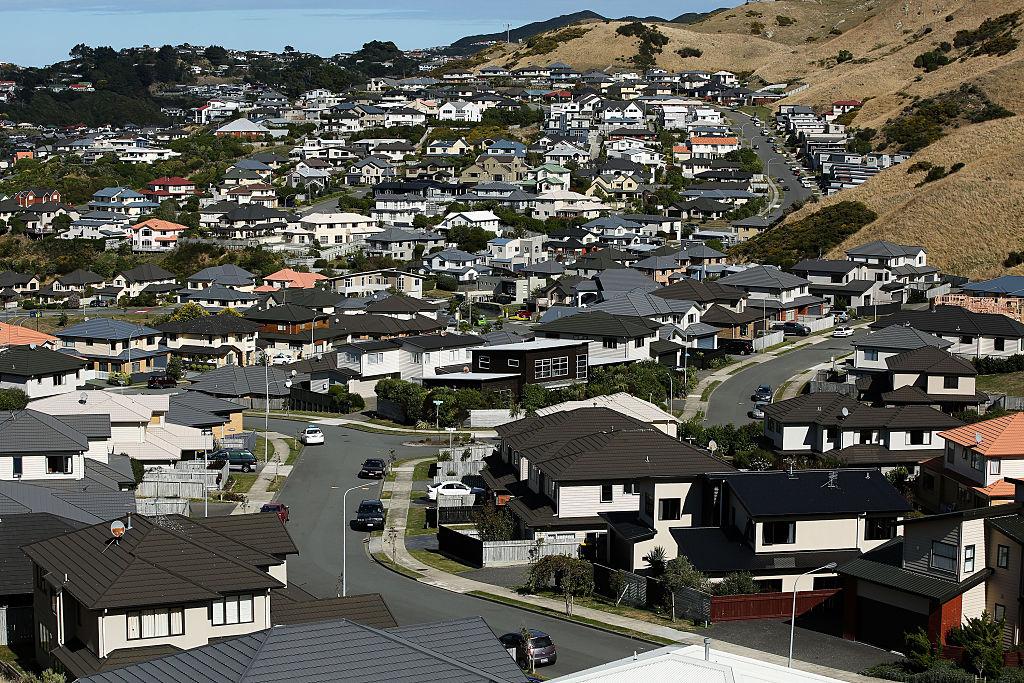The New Zealand (NZ) property market faces significant challenges as house values have fallen for three consecutive months, and sales activity shows clear signs of slowing.
CoreLogic NZ’s latest property market update revealed that the total value of residential real estate fell $40 billion (US$25 billion) across the June quarter to $1.69 trillion.





